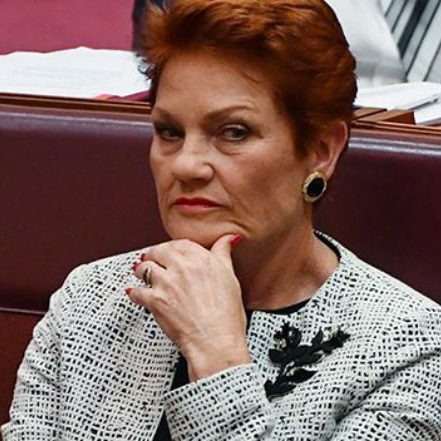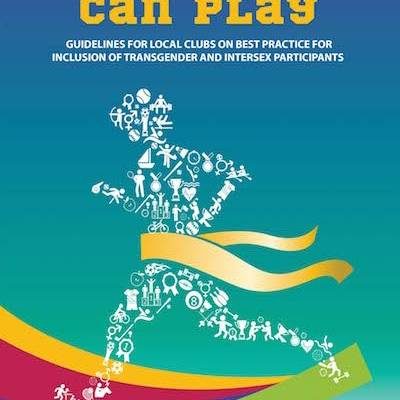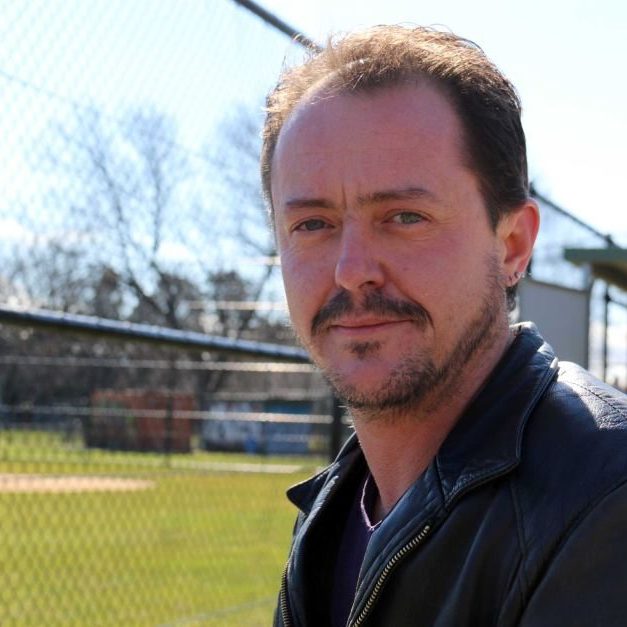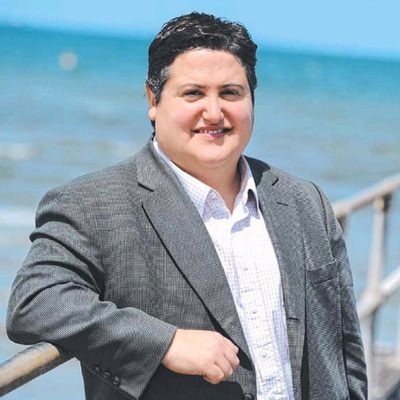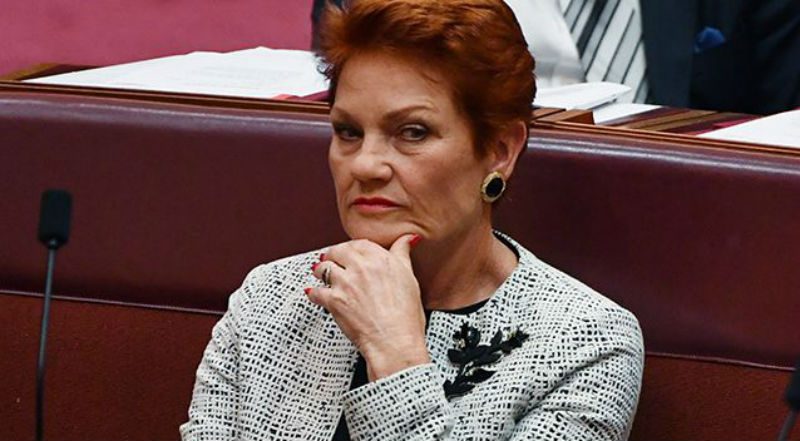
A motion moved by Senators Rachel Siewert, Janet Rice and Louise Pratt recognising Intersex Day of Solidarity was yesterday opposed by the Government, One Nation and Senator Cory Bernardi.
The motion called on parliamentarians to:
- commit to learning more about the lives and experiences of people with variations of sex characteristics, and
- agree to read and consider affirming the Darlington Statement, a joint consensus statement by organisations and independent advocates which sets out the priorities of the intersex human rights movement in Australia and New Zealand.
Liberal Senator Jonathon Duniam said the Government did not endorse the Darlington Statement, and therefore opposed the motion.The motion did not seek endorsement of the statement, but called upon parliamentarians to read and consider it.
“I would be very surprised if each of the 33 Senators who voted against this motion had read and considered this important statement. By voting no they are saying they have neither the time nor the interest in the lives of people who with intersex variations,” Amnesty International Australia campaigner Joel Clark said.
“If they read it – and I urge them to – they would find that the Darlington Statement is a roadmap for government, and for the community, that outlines how the human rights of people with intersex variations can be respected”.
Senator Hanson used her speech on the motion to offend and spread mis-truths about people with intersex variations. She said that “there are more important things for us [to debate]”. She then told media, “I’m not going to spend my time learning about less than one percent, less than 0.01% of the population – has these issues”.
“Senator Hanson owes intersex people an apology,” said Clark.
“Quite apart from the fact that her statistics are wrong, people with intersex variations face discrimination through ignorance and misunderstanding. Most of it isn’t willful, but when you read the things that Senators are saying in our parliament, it makes you wonder whether it is.
“People with intersex variations are also routinely subject to forced medical interventions without free, prior informed consent, typically in infancy, childhood or adolescence. These are real human rights issues that require real attention.”
Amnesty International Australia, amplyifying the calls of intersex people and organisations, including Intersex Human Rights Australia, and research based on the Yogyakarta Principles, the Darlington Statement and the Malta Statement, has called on the Australian government to end non-emergency, invasive and irreversible medical interventions on infants and children with variations in sex characteristics to ensure the full enjoyment of the rights of persons with variations in sex characteristics.

